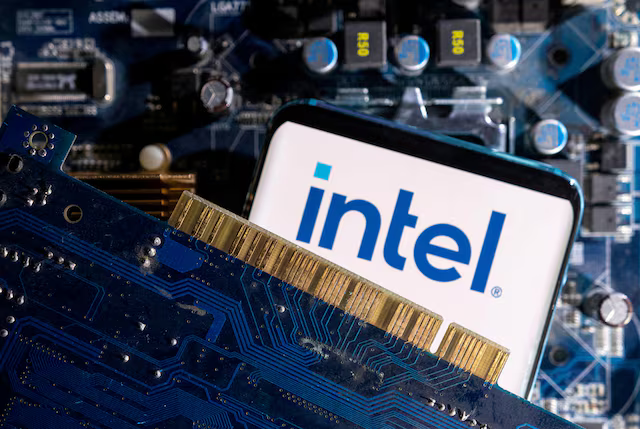Intel has disclosed that its $7.86 billion subsidy deal with the US government, part of a broader $39 billion initiative aimed at boosting US chip manufacturing, includes restrictions on the sale of stakes in its chipmaking unit, Intel Foundry, Reuters reports.
The subsidy, announced by the US Commerce Department on Tuesday, is designed to revitalize the domestic semiconductor sector, with other companies like Taiwan Semiconductor Manufacturing Co. (TSMC) also benefiting from similar support.
The restrictions come as Intel plans to spin off its chip manufacturing operations into a separate subsidiary, Intel Foundry. Intel CEO Pat Gelsinger had indicated in September that the company was open to bringing in external investors for the unit, which could become an independent entity in the future.
However, the subsidy deal stipulates that Intel must retain a controlling interest in Intel Foundry if the unit is spun off. Specifically, Intel is required to hold at least 50.1% of Intel Foundry if the unit becomes a privately held company. If Intel Foundry eventually goes public and Intel is no longer the largest shareholder, the company will be limited to selling no more than 35% of the unit to any single investor. Additionally, any changes in control of Intel Foundry would require approval from the US Department of Commerce.
Intel’s compliance with these restrictions is necessary for the continuation of its $90 billion investment in semiconductor manufacturing projects across multiple US states, including Arizona, New Mexico, Ohio, and Oregon. These projects are part of Intel’s strategy to strengthen its domestic manufacturing capabilities and produce advanced semiconductor chips within the US.









